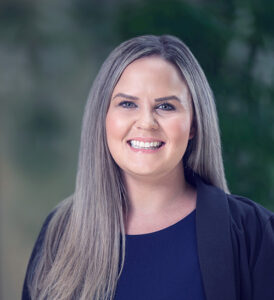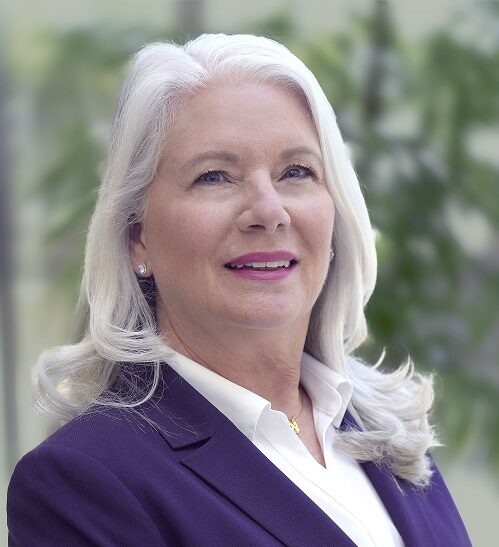How has COVID-19 affected physicians? (survey)
“We are heroes in our community and lepers at home.”
There are many misconceptions about physicians and the challenges they face during the coronavirus outbreak. From financial struggles to worries about family to uncertainty for the future, we are all affected by living in a pandemic.
About the survey.
Study Objective: Our objective was to understand how physicians – who are already burned out and in short supply in normal periods – are being affected by COVID-19 both personally and professionally.
Participants
- 120,246 members of the Jackson + Coker physician database were invited to participate.
- 681 physicians completed the survey for a response rate of 0.56%.
Respondents represent all major specialties:
- Behavioral Health.
- Internal Medicine and Internal Medicine Subspecialties.
- Surgery.
- Anesthesiology.
- Hospital-based Medicine.
- Infectious Disease.
- Pulmonary Medicine.
- Diagnostic Medicine.
- Women’s Medicine.
- Musculoskeletal Medicine and Pediatrics.
- Each specialty reported caring for COVID-19 patients to some degree.
Executive summary.
Physicians are feeling, perhaps even more intimately, the same financial, emotional, physiological effects that all Americans are struggling with under COVID-19. Heroes at work, lepers at home, physicians are tasked with having all the answers and being strong when no one has the answers right now. Furthering that stress is the fact that physicians may not be able to seek comfort from family because of their possible exposure to COVID-19 patients.
This report provides the unaided raw emotions shared by physicians during this unprecedented time.
Additional data points collected:
- Internal Med Subspecialists (21%), Surgery and Anesthesiology (45%), Women’s Specialists (18%) are all most likely to say they’ve had surgeries and procedures canceled.
- Infectious Disease and Pulmonary specialists (15%) are most likely to have seen an increased number of cases.
- Women’s Medicine Specialists are most likely to report a pay cut (27%) and reduced number of visits (49%). Internal Med Subspecialists are also likely to report a reduced number of visits (43%).
- Behavioral Health (40%), Internal Med Subspecialists (26%), Internal Med Generalists (35%), and Musculoskeletal Med Specialists (29%) are most likely to be implementing telehealth.
"Professionally, financially, and physically I believe most of us are fine. Emotionally, many of us are juggled, racked, and drained. We are heroes in our community but lepers at home, now spending more time alone, with fewer kisses and hugs from our loved ones. Emergency medicine, an already stressful position, is now even more stressful. The hardest part is separating people from their families. People now sit outside in their car while we evaluate their loved ones. Patients admitted with suspicion for COVID-19 infection are allowed to briefly visit with them before being transferred to our COVID-19 unit, not realizing that this is the last time they might see their family. We evaluate their loved ones."
47% of physicians shared financial fears.
Student loan debt, pay cuts, and practice overhead weigh heavily.
Already burdened, physicians have to take on more responsibilities to keep their practice afloat.
Patient census is heavily impacted.
Survey stats:
- Physicians younger than 65 (24%) are more likely to report practice anxiety.
- Physicians younger than 45 (most likely to be employed) are more likely to mention RVUs, billing and
reimbursement (10%).
Telehealth is not a magic bullet if patients refuse technology.
33% of physicians expressed some type of emotional effect, stress or anxiety.
There's a general feeling of helplessness.
Safety: Lack of PPE makes a stressful job scary. Physicians feel dismissed.
Uncertainty: Physicians are trained to have all the answers. COVID goes beyond their training.
Distrust: There's a lack of trust among physicians for government agencies and administrators. Physicians feel the system is failing them.
Physicians are burdened by COVID in their personal lives and responsible for healing it in their professional lives.
Mental health among physicians.
Survey stats:
- Physicians under 45 are more concerned about PPE (1 7%), employee’s health (6%), difficulties managing work with children at home (9%), establishing telemedicine platform (3%), say hospitals are not taking care of them (more concerned with profits) (5%).
- Physicians under 65 more concerned they’ll pass it to family( 34%), more likely to be stressed (84%).
- Physicians over 65 more likely to feel guilty for not being able to help (5%).
Physicians feel the practice of medicine is not what it used to be.
Physicians feel the practice of medicine is not what it used to be.
Physicians got into medicine to help, but to conquer COVID, patients must be accountable.
In the wake of COVID, some physicians contemplate leaving medicine.
There are, however, silver linings for some physicians.
We're on a mission to show our gratitude for healthcare workers.
Click to view our #ThankADoctor gallery.

